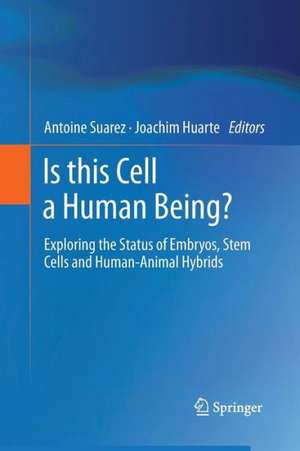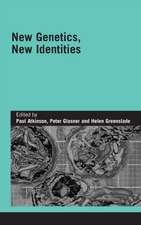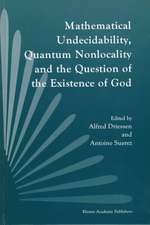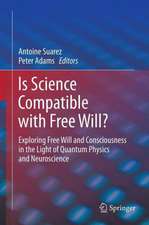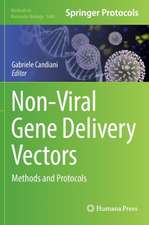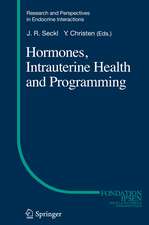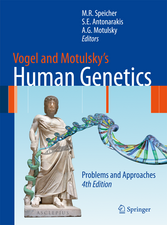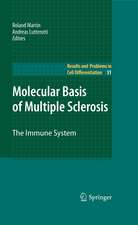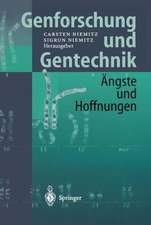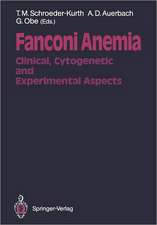Is this Cell a Human Being?: Exploring the Status of Embryos, Stem Cells and Human-Animal Hybrids
Editat de Antoine Suarez, Joachim Huarteen Limba Engleză Paperback – 13 dec 2014
| Toate formatele și edițiile | Preț | Express |
|---|---|---|
| Paperback (1) | 711.52 lei 6-8 săpt. | |
| Springer Berlin, Heidelberg – 13 dec 2014 | 711.52 lei 6-8 săpt. | |
| Hardback (1) | 717.20 lei 6-8 săpt. | |
| Springer Berlin, Heidelberg – 3 aug 2011 | 717.20 lei 6-8 săpt. |
Preț: 711.52 lei
Preț vechi: 748.97 lei
-5% Nou
Puncte Express: 1067
Preț estimativ în valută:
136.15€ • 145.59$ • 113.52£
136.15€ • 145.59$ • 113.52£
Carte tipărită la comandă
Livrare economică 17 aprilie-01 mai
Preluare comenzi: 021 569.72.76
Specificații
ISBN-13: 9783642443985
ISBN-10: 3642443982
Pagini: 220
Ilustrații: X, 209 p.
Dimensiuni: 155 x 235 x 12 mm
Greutate: 0.31 kg
Ediția:2011
Editura: Springer Berlin, Heidelberg
Colecția Springer
Locul publicării:Berlin, Heidelberg, Germany
ISBN-10: 3642443982
Pagini: 220
Ilustrații: X, 209 p.
Dimensiuni: 155 x 235 x 12 mm
Greutate: 0.31 kg
Ediția:2011
Editura: Springer Berlin, Heidelberg
Colecția Springer
Locul publicării:Berlin, Heidelberg, Germany
Public țintă
ResearchCuprins
Introduction.- Breakthrough in stem cell research? The reprogramming of somatic cells to pluripotent stem cells. Overview and outlook.- Pre-implantation stages of human development: the biological and moral status of early embryos.- Complete moles and parthenotes are not organisms.- Embryos grown in culture deserve the same moral status as embryos after implantation.- Distinguishing embryos from non-embryos.- Is the human embryo a person? On the status of cell entities produced through ANT.- Does a human being have a right to life? The debate on embryo research in Germany as a case study.- Interspecies mixtures and the status of humanity.- The boundaries of humanity: the ethics of human-animal chimeras in cloning and stem cell research.- Is this cell entity a human being? Neural activity, spiritual soul, and the status of induced pluripotent stem cells (iPSCs).
Recenzii
From the reviews:
“This book begins with an accurate synopsis of stem cell research, embryological development, genetic modification, and the scientific perspectives on the definition of death. … The book also addresses ethical issues related to animal rights. Current primary references are provided with each chapter, and there is a glossary of philosophical and scientific terms used in the book at the end. … A useful acquisition for bioethics, public policy, and law collections. Summing Up: Recommended. Academic, professional, and general readers, all levels.” (B. R. Shmaefsky, Choice, Vol. 49 (5), January, 2012)
“This book begins with an accurate synopsis of stem cell research, embryological development, genetic modification, and the scientific perspectives on the definition of death. … The book also addresses ethical issues related to animal rights. Current primary references are provided with each chapter, and there is a glossary of philosophical and scientific terms used in the book at the end. … A useful acquisition for bioethics, public policy, and law collections. Summing Up: Recommended. Academic, professional, and general readers, all levels.” (B. R. Shmaefsky, Choice, Vol. 49 (5), January, 2012)
Caracteristici
Discusses which embryonic or stem cell entities may be human beings Interdisciplinary and international in authorship, drawing together scientists, clinicians, philosophers and historians from throughout Europe and the USA Chapters rigorously discussing altered nuclear transfer, parthenotes and interspecies embryos Includes supplementary material: sn.pub/extras
